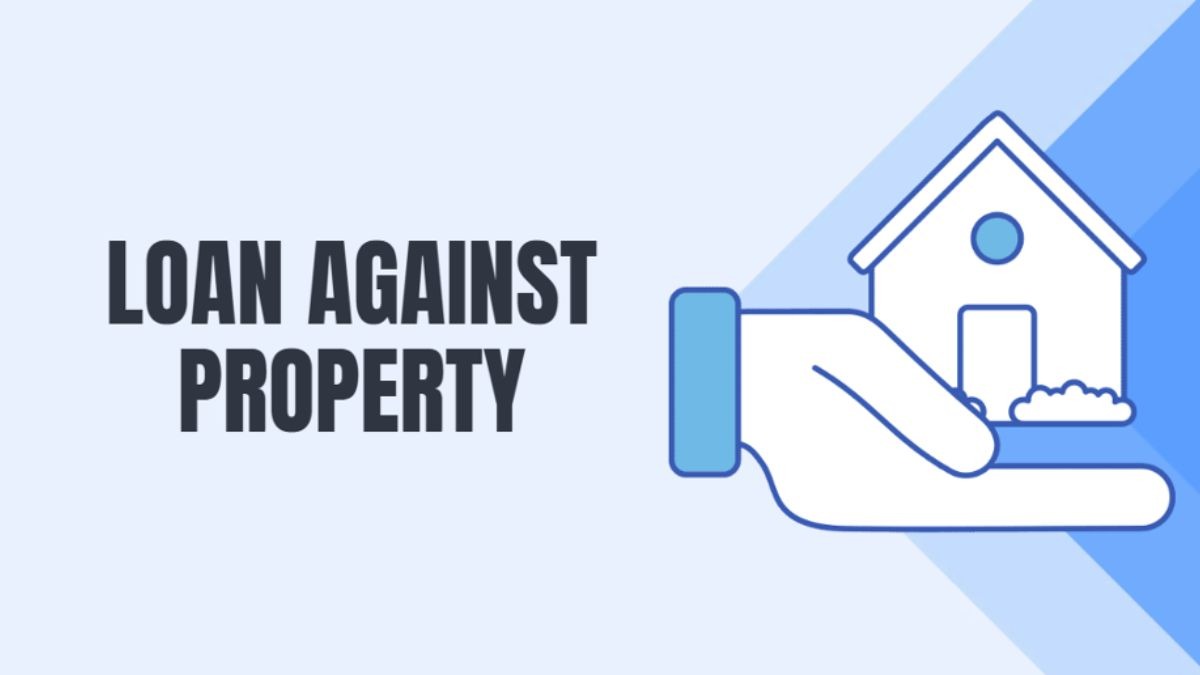Property owners who want to unlock the value of their commercial or residential property and secure funds to meet their financial needs by taking a loan against property (LAP). LAP is a financial product that allows individuals to acquire a secure loan by keeping their property as collateral. The loan against property can be availed for any type of medical emergency, financing your business or any other sort of financial requirement. People can have competitive interest rates by checking different types of lenders. In this article, we are going to understand the features, eligibility criteria, and documentation to explore the process of applying for loans.
What is a Loan Against Property
A loan against property (LAP) is a secured loan provided by banks and Non-Banking Financial Institutes (NBFCs) that allows people to get access to capital by pledging their property as collateral. The loan amount depends upon the property’s market value, the lender’s policies and the condition of the property. A loan against property offers a lower interest rate as compared to personal loans and is therefore a preferred choice of acquiring capital.
Features of a Loan Against Property
Some of the features of a loan against property are as follows:
● Higher Amount of Loan and Ability to Retain Ownership
Depending upon the market value of the property and the borrower’s ability to repay the loan, lenders are willing to offer significant loan amounts as the loan is of a secured type. Even after mortgaging the property, the ownership remains with the borrower and is released after the full loan amount is repaid.
● Competitive Interest Rates
Even though interest rates can vary based on the lender, a loan against property is an attractive option for borrowers since the loan against property interest rate is generally lower than unsecured loans. Additionally, the interest rates also depend on the borrower’s ability to repay the loan and the type of property.
● Flexible Tenures and Various Uses
The tenure of a loan against a property usually ranges from 5 to 20 years. This allows borrowers to plan their EMIs according to their financial plans. The borrowed amount can be used for various purposes such as personal or business purposes.
Eligibility and Documentation
Borrowers must meet the eligibility criteria set by the lenders to qualify for the loan. In most cases, the criteria are about age, employment status, income, credit score and property ownership details. According to most lenders, the borrower must be between 21 to 65 years of age, must be self-employed or salaried, and must have a stable and sufficient income to pay the loan EMIs on time. Furthermore, the borrower’s credit score must be good (above 750) and the property owned should be free of any disputes. Before applying, the borrower must collect the documents mentioned below to complete the application form.
- For identity proof, the individual can provide an aadhaar card, PAN card or passport.
- Utility bills or voter ID can be provided as address proof.
- For showcasing a stable income source, salary slips, bank statements or ITR filings can be submitted
- To prove ownership, title deeds and property tax receipts can be submitted.
Applying for a Loan Against Property
By following the pointers given below, individuals can easily apply for a loan by pledging their property.
- To get interest rates that fit the budget, individuals must research various lenders and compare the interest rates, terms offered and the eligibility criteria of the lender.
- To get an estimate of the loan amount, you must understand the value of your property. You can proceed further to gather the necessary documents such as identity proof, income proof and property papers.
- Once your loan application is submitted, the lenders will review it, verify the documents and disburse the loan amount in the bank account specified by you.
Factors Affecting Interest Rates of Loans Against Property
The interest rates of loans against property depend upon several factors such as type of property, loan-to-value ratio, credit score, income stability, and repayment tenure. In comparison with commercial or industrial properties, commercial properties usually attract lower interest rates. Additionally, if the borrower’s credit score is good and the tenure of the loan is short, the interest rates are shorter. A borrower can get favourable terms if they have a high but stable income source.
Conclusion
Taking a loan against property can be a good financial solution for individuals who need significant funds at reasonable interest rates. However, it is important to assess your ability to repay the loan and choose the right lender to get favourable terms. This can be done by understanding the features and eligibility criteria of the various lenders such as Tata Capital. Furthermore, understanding factors that affect interest rates will help you make informed decisions and achieve your financial goals.


